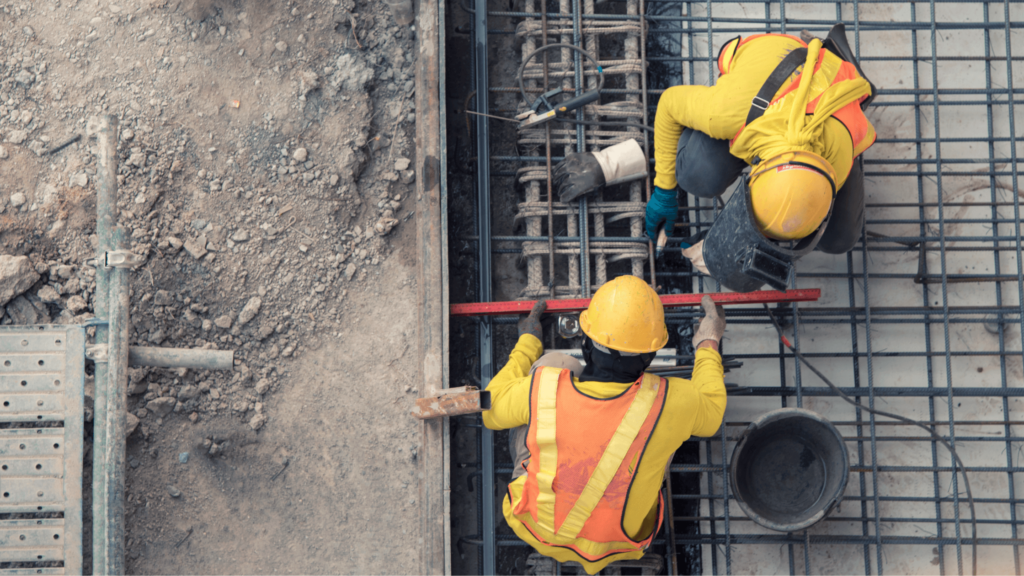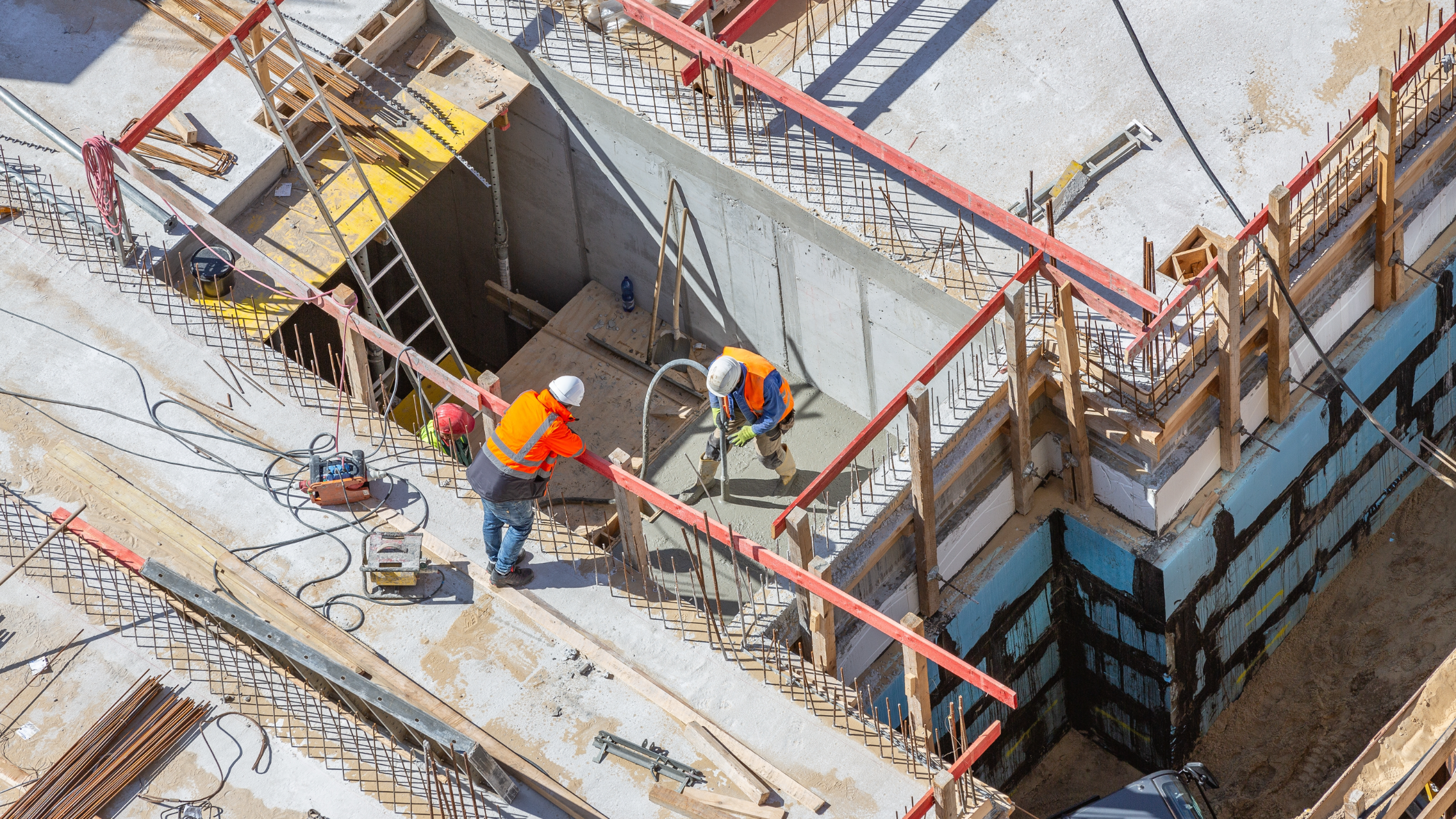Construction can be a rewarding career, providing opportunities for hands-on learning, steady work, career advancement, and plenty of income potential. For the best chance of landing a job in the industry, ensure you’re building your skillset, pursuing relevant training and certifications, and leveraging industry networks.
The perks of working in construction

Construction offers a broad range of opportunities and provides an excellent outlet for hands-on skills and specialized trades, with many opportunities for advancement.
Income potential
The construction industry is somewhat unique in its range of positions and salaries, from general laborers who often start at minimum wage to skilled and specialized tradespeople who can earn a six-figure salary. You can continue growing your income potential by gaining on-the-job experience and pursuing certifications.
Steady work
Although no career path can guarantee employment in your field of choice, construction has been short on skilled tradespeople for years—it’s estimated that the industry needs more than 250,000 new workers by 2028. Choosing a career in construction, especially if you specialize, gives you a strong chance of retaining steady employment for decades.
Career progression
The construction industry has roles ranging from general laborers and skilled trades to site supervisors and managerial roles. This wide range of positions means you can start in an entry-level role and work your way up the ladder, advancing your career through training and apprenticeships.
Benefits
Many construction jobs come with benefits like health insurance, vacation time, and pensions. Benefits vary between companies and unions and often depend on your role on site, but the construction industry provides many opportunities to work toward a position with benefits.
6 tips for landing your first job in construction

1. Understand the industry
Construction is a multi-sector industry, and it’s crucial to understand each one and the requirements for working within it. Research different roles to understand what jobs are available and which might be right for you. Roles range from laborers to heavy equipment operators and project managers to engineers. If you know anyone working in construction, it can we helpful to chat with them to get an idea about the day-to-day responsibilities of different jobs within the industry.
Familiarizing yourself with the industry landscape and current trends in your area can also be helpful. It will show future employers that you are dedicated and committed to staying informed and up-to-date.
2. Build (and highlight) your skills
Showcase any relevant skills you may already have, whether hands-on strengths or experiences like working on a team, learning, physical labor, or technical knowledge. Be aware of any skill gaps and address these with courses and certifications, or learn the basics of operating machinery, power tools, and constriction principles.
When evaluating your skillset, don’t forget about so-called “soft” skills like communication, teamwork, and problem-solving. These are essential for making a job site run smoothly and effectively.
3. Network and build connections
If you plan to get into the construction industry and don’t know someone in the field, making connections can be a great way to get your foot in the door. Try attending industry events and job fairs to get acquainted with construction companies in your area and meet recruiters directly—face-to-face interactions often give you a leg up over virtual interactions. If you have an idea about which trade you’d like to pursue, you can also join local trade organizations, many offer networking events, job boards, and training to help you succeed in the field.
4. Get certified
Do some research to identify what certifications you’ll need in your ideal construction job, and then work towards obtaining them. These may include things like First Aid training, OSHA safety training, WHMIS certifications, and working at heights certifications. Having these certifications already in place may increase your likelihood of being hired.
5. Be willing to learn and open to feedback
Learning on the job is an essential skill in construction. Communicating to potential employers that you’re ready to learn and willing to receive feedback to improve can go a long way toward convincing them to take a chance on you. Look for mentorship and guidance opportunities from those more experienced, and don’t be afraid to ask questions to learn—everyone was a newbie at one point!
6. If you don’t get hired for one job, learn from it and move forward
Every company has specific things it looks for in its future employees. A no from one job might be a yes from another, so don’t get discouraged by the rejections you may face along the way. If you have the opportunity, ask why your application was unsuccessful—was it your experience? Certifications? Or other factors? This information can help you improve when preparing for other job applications and interviews, helping you fill gaps, address these concerns upfront, or discover what skills you need to add to your repertoire to find success.
Bottom line
The construction industry offers dozens of diverse roles and plenty of room for advancement, making it an ideal career for those hoping to tackle hands-on challenges and see the tangible results of their work. Getting a job in construction requires a little research and some legwork to get certified, complete training, and meet qualifications, but your efforts will pay off in spades with a lucrative and rewarding career.
Discover more tips for building a successful career in construction by subscribing to our newsletter!


